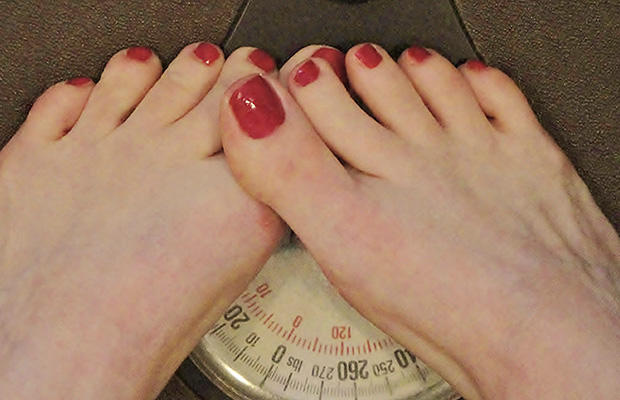For starters, emotional eating is common among people of all shapes and sizes—even healthy types—and it can take on different forms.
You may snack at work because you’re stressed or bored, binge at night because you’re lonely, or deny yourself food because you feel rejected and unloved after a bad date. These are situations where you’re not hungry; you’re managing feelings with food, she explains.
The (temporary) anxiety relief eating brings may not seem that bad to most of us, but “the problem is that it gets in the way of listening to our emotions,” says Dr. Taitz. “Our emotions provide us with such meaningful information, and if we avoid them, we lose that information.”
So that sinking feeling at work, for example, may be telling you you’re unhappy with your career choice and should consider other options—and if you crush it with a croissant, it will be back before the butter leaves your bloodstream.
Here are three of Dr. Taitz’s strategies for ending emotional eating habits and creating healthier ones:
1. Apply mindfulness to your meals. Mindfulness is a Buddhist and yogic concept, but it’s also the basis of many of modern approaches to psychology. What it really means is being fully present in the moment, including when you eat. This will help you recognize when you’re truly physically hungry and when emotions are taking over.
Find the next two strategies at Well+GoodNYC's "Are You An Emotional Eater?"




